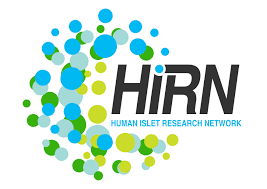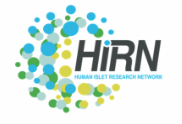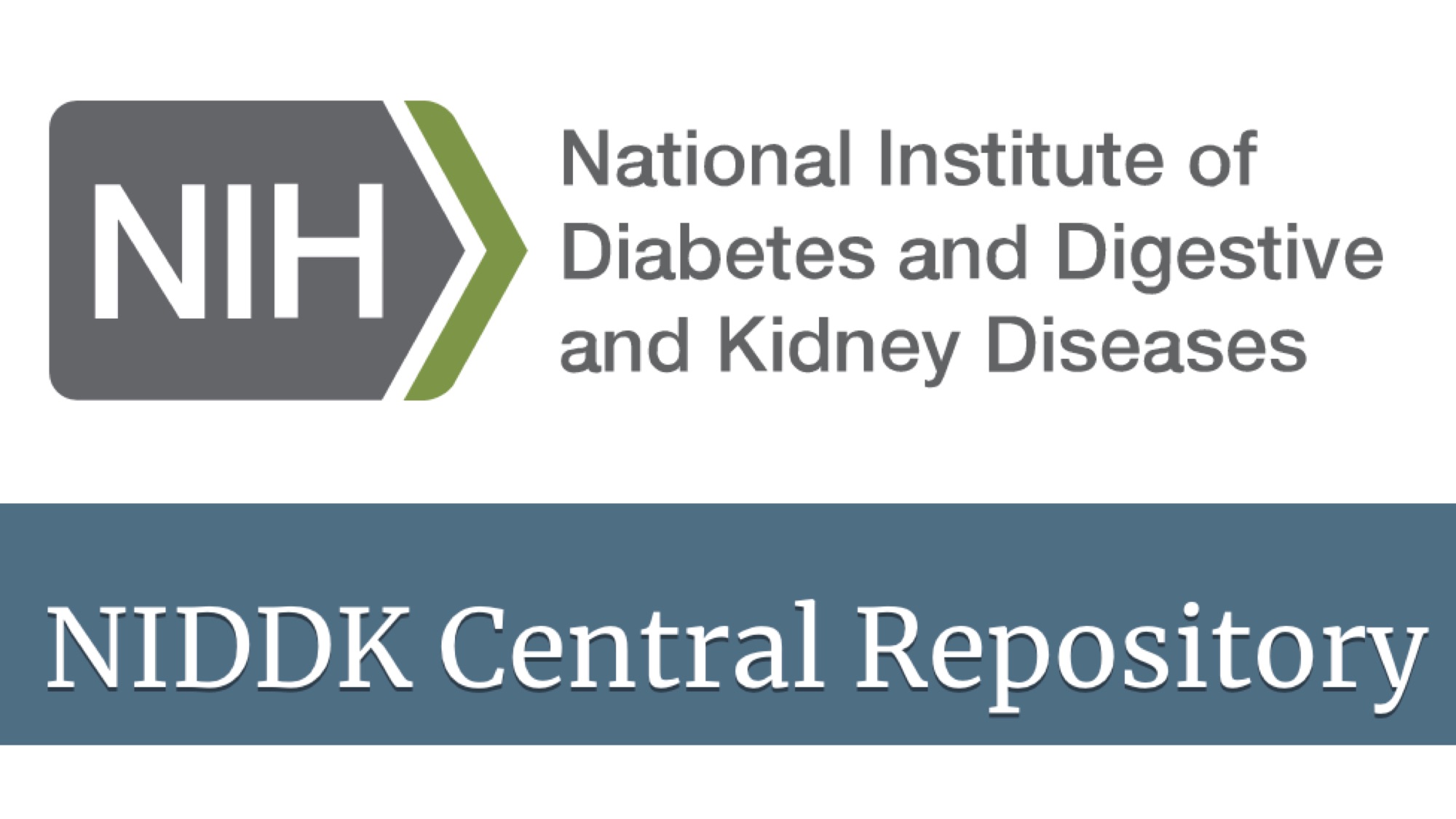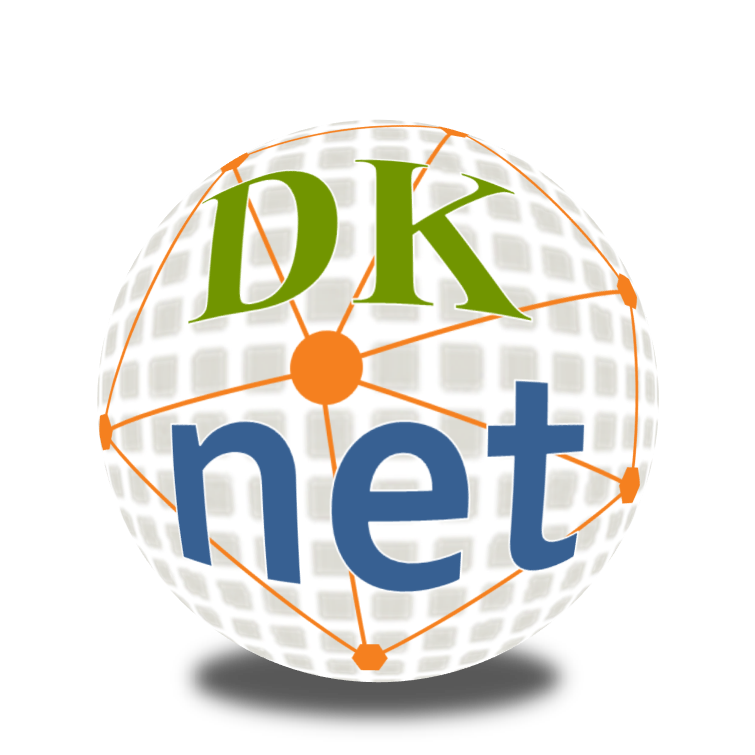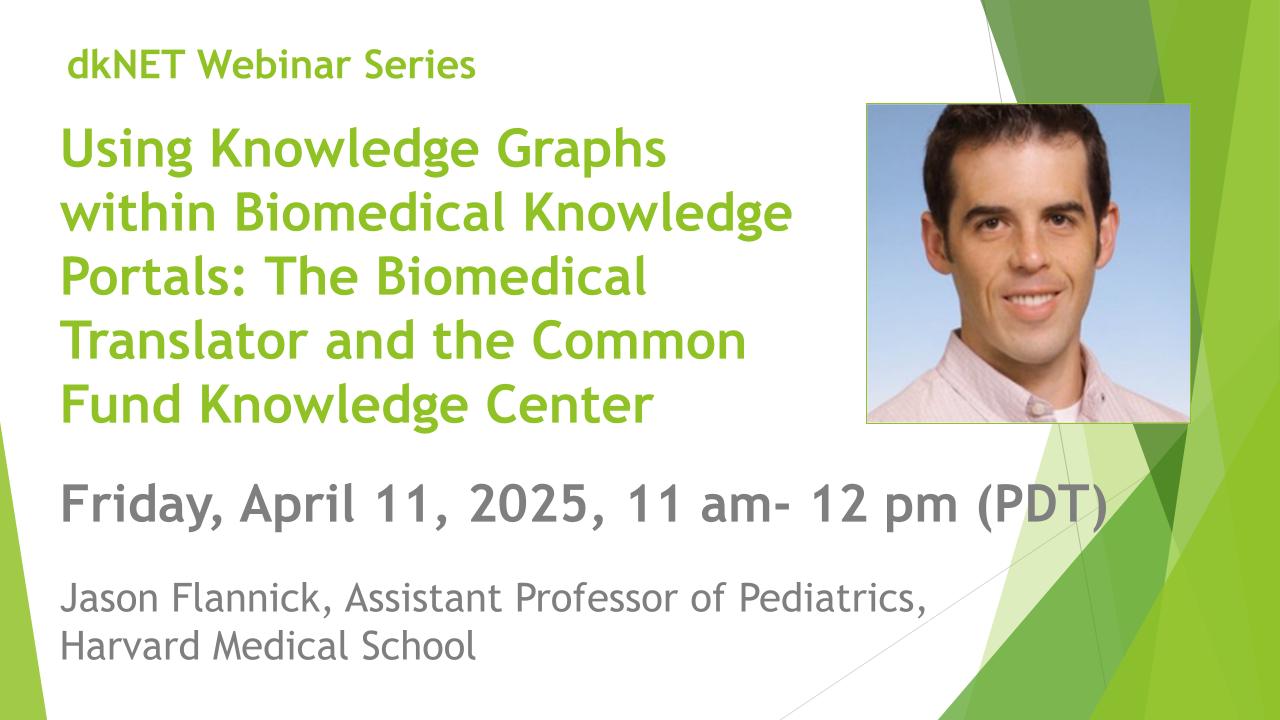Leaving Community
Are you sure you want to leave this community? Leaving the community will revoke any permissions you have been granted in this community.
New NIH Funding Opportunity: Notice of Special Interest (NOSI): Administrative Supplements to Enhance Software Tools for Open Science
Here is the information from NIH:
Please note that the NIDDK participates in this FOA, and hence most NIDDK active grants with eligible activity code can apply
"Notice of Special Interest (NOSI): Administrative Supplements to Enhance Software Tools for Open Science
Purpose
This Notice announces the continuing availability of administrative supplements to active awards that have a significant software development component or key role in maintaining software tools of recognized value in biomedical and behavioral research. The goal of these supplements is to enhance the sustainability and impact of research software tools by enabling the use of best practices and design principles in software development and leverage advances in computing in a modern data ecosystem. The supplements are intended to support and encourage collaborations between scientists and software engineers to update, refactor and enhance the design, implementation, and cloud-readiness of research software and build new communities for open science. Through these awards, the NIH Office of Data Science Strategy (ODSS) intends to help researchers who have developed scientifically valuable software to make their tools robust and sustainable, take advantage of new data science, software engineering, and computing paradigms, reach a broader community and contribute to open science. This initiative is aligned with the NIH Strategic Plan for Data Science, which describes actions aimed at building a better data infrastructure and a modernized data ecosystem.
Background
As part of their research projects, investigators often produce innovative, scientifically valuable software tools that are essential for scientists to use and interpret biomedical and behavioral research data. However, much of this valuable software has been built and supported under conditions that are no longer optimal in a rapidly changing technical and scientific landscape. Additionally, investigators often lack the resources to adapt and revise the software to take advantage of new technologies and computing paradigms.
The traditional grant funding process has emphasized innovation for research progress over the use of robust software engineering practices that have become essential for generating reliable software tools in an era of large-scale data and integrated data analytics. There have been few practical ways to support joint efforts between researchers and software engineers to develop and revise research tools according to well-recognized software engineering best practices and design principles. To transition to operational efficiency and sustainability that is envisioned by ODSS, new ways to support input from software engineers or industry professionals are needed to improve the valuable software tools that have been developed in academic settings for biomedical research to process, manage, mine, analyze, visualize, and interpret biomedical data.
Three previous rounds of NIH ODSS software supplements (NOT-OD-22-068, NOT-OD-21-091, and NOT-OD-20-073) have encompassed a wide range of research and translational projects reaching across NIH Institutes and Centers (ICs) and spanning many scientific domains. Building a robust software foundation is essential to the NIH’s vision to establish a modernized and integrated biomedical and behavioral data and compute ecosystem. Such an ecosystem will foster adoption of new data science technologies, cloud and hybrid computing, artificial intelligence, and best practice guidelines for open science arising from community consensus, such as FAIR principles and open-source development.
Research Objective
The goal of this Notice of Special Interest (NOSI) is to encourage and enable researchers to engage in new types of collaborations that focus on improving the quality and sustainability of research software from a software engineering perspective. Supplements will support efforts that address robustness, sustainability, reusability, portability, and scalability of existing biomedical research software tools and workflows of recognized scientific value. The goal of the opportunity is to improve software engineering fundamentals, going beyond software hardening or high-level user interfaces. These projects are expected to adhere to software best practices and design principles and take significant steps toward open science and sustainability in modern computing environments. Projects to improve design and implementation of significant research tools are sought regardless of the scientific area of emphasis but should not direct effort towards new research functions and must be within scope of the funded parent grant for which the supplement is being sought.
The supplements are primarily intended to provide support for software engineering staff with some allowance for other infrastructure costs that may be required to improve tools with significant user base or demonstrate potential for community adoption. New collaborations either within or across institutions are expected which may include industry or academic partners. The notion of a “research software engineer" has been offered as an important enabler of sustainable research software in academic settings, both in the United States Research Software Engineer Association (US-RSE) and in similar organizations internationally. Developing skills, enhancing team science, and building a supporting ecosystem, are understood to be other potential benefits of these collaborations, along with extending reach across boundaries to engage new diverse, multidisciplinary participants.
Delivering reliable, sustainable, and reusable software across multiple platforms is a whole-lifecycle effort, as illustrated with a few instances. Software development can be improved by enhancing the development process, including addition of resources for building, testing, and managing change in an open-source community. Robustness and reliability can be improved through active community engagement to contribute to codes that are made available with appropriate open-source licensing. Reusability can be enhanced by improving dissemination channels for important algorithms and tools (e.g., inclusion in package distribution channels), by publication of tools in shared container registries, and with well-crafted operating manuals. Interoperability can be enhanced by incorporating open interfaces and data formats, especially through engagement in relevant communities and standards efforts. Refactoring can enhance portability and take advantage of new hardware or compute environments (e.g., parallelizing a process or using a standard workflow language that can run in cloud or hybrid environments).
Making software “cloud ready” can encompass a range of activities that allow it to be successfully adapted to modern computing environments (container, cloud/hybrid environments, distributed workflow systems) in a sustainable, secure, and scalable manner. Projects may propose to refactor software for the cloud or improve software that is already on the cloud as long as the main focus is to enhance software engineering of existing scientific tools for sustainability and open science.
The emphasis is on how software tools are built according to best practices engineering principles as opposed to developing new tools. Projects with a primary focus to develop new scientific functions as opposed to improving software engineering should seek other opportunities. The supplement application must provide details of how the best software engineering practices and design principles will be employed in the supplement project, including a plan for how the software will be shared (see https://datascience.nih.gov/tools-and-analytics/best-practices-for-sharing-research-software-faq). The plan should also describe how the software will be improved for open science and innovative community engagement.
Examples that address one or more challenges toward building robust software suitable for open science and modern computing include, but are not limited to:
- Adding APIs and services to software, especially when compliant to community standards;
- Refactoring of software to incorporate standard interfaces and data formats, replace custom code with standard, hardened libraries where indicated;
- Reducing coupling and complex shared state, allowing code to operate on diverse data sources and in collaboration with other services;
- Adopting standard input and output data formats including providing clean and well-documented input, output, and configuration that make software components more usable in composition via workflow languages and ensure that data exchanged by services maximizes the use of open data formats;
- Implementing standard logging models, improving performance through improved logging, monitoring, code profiling and optimization, taking advantage of parallelization, or use of GPUs;
- Factoring configuration of services into environment variables and configuration properties for deployment;
- Enhancing source code, documentation, version management and build/test tools to support community open-source development;
- Developing standard build and packaging tools to manage dependencies and produce containerized runtimes;
- Formatting packages for sharing via common package management tools appropriate to the language and environment;
- Enhancing standard unit and functional testing support and sample data sets for testing patches and upgrades;
- Refactoring software for portability and to scale efficiently on cloud or hybrid environments;
- Improving architecture to reduce network transfer and to minimize data ingress/egress charges in cloud environments;
- Containerization of software and entry into a tool registry;
- Enhancing usability, interoperability, and scalability under increasing load, including making use of enhanced hardware and clustering technology;
- Employing standard security that relies on cloud Identity and Access Management (IAM) models, and other improvements in privacy and security protection;
- Employ innovative approaches to standards adoption and community development for open science;
Supplement applications must (1) demonstrate that the selected software is currently being used by the scientific community by describing its user base or demonstrate its clear potential for increased adoption by the user community in an open science paradigm and (2) discuss how the proposed improvements will increase the usage, and impact of the software for open science.
Projects involving significant new scientific features or developing new tools as opposed to software engineering are NOT appropriate for this NOSI.
Projects with no active software development components that would like to add one are NOT eligible for this NOSI.
Awardees should be willing to participate in virtual meetings organized by NIH.
Inquiries
Please direct all inquiries to:
Scientific/Research Contact(s)
Office of Data Science Strategy (ODSS)
Division of Program Coordination, Planning, and Strategic Initiatives
Office of the Director
softwaresupplements@nih.gov"
Source and more information: https://grants.nih.gov/grants/guide/notice-files/not-od-23-073.html

